Senya’s New Style Enters the Battle Shion’s “Jet Tactician” New Style Also Arrives Earn 50 Chronos Stones as a Reward Wright Flyer Studios has rolled out a fresh update for Another Ed
Author: MaxReading:1
The relentless march of technology sees us upgrading our gadgets every few years – iPhones, processors, graphics cards – with older hardware often resold or discarded. Yet, surprisingly, many outdated devices remain functional and even crucial in unexpected ways. Here are eight compelling examples of vintage tech's enduring relevance.
Table of Contents
Retro Computers Mining Bitcoin
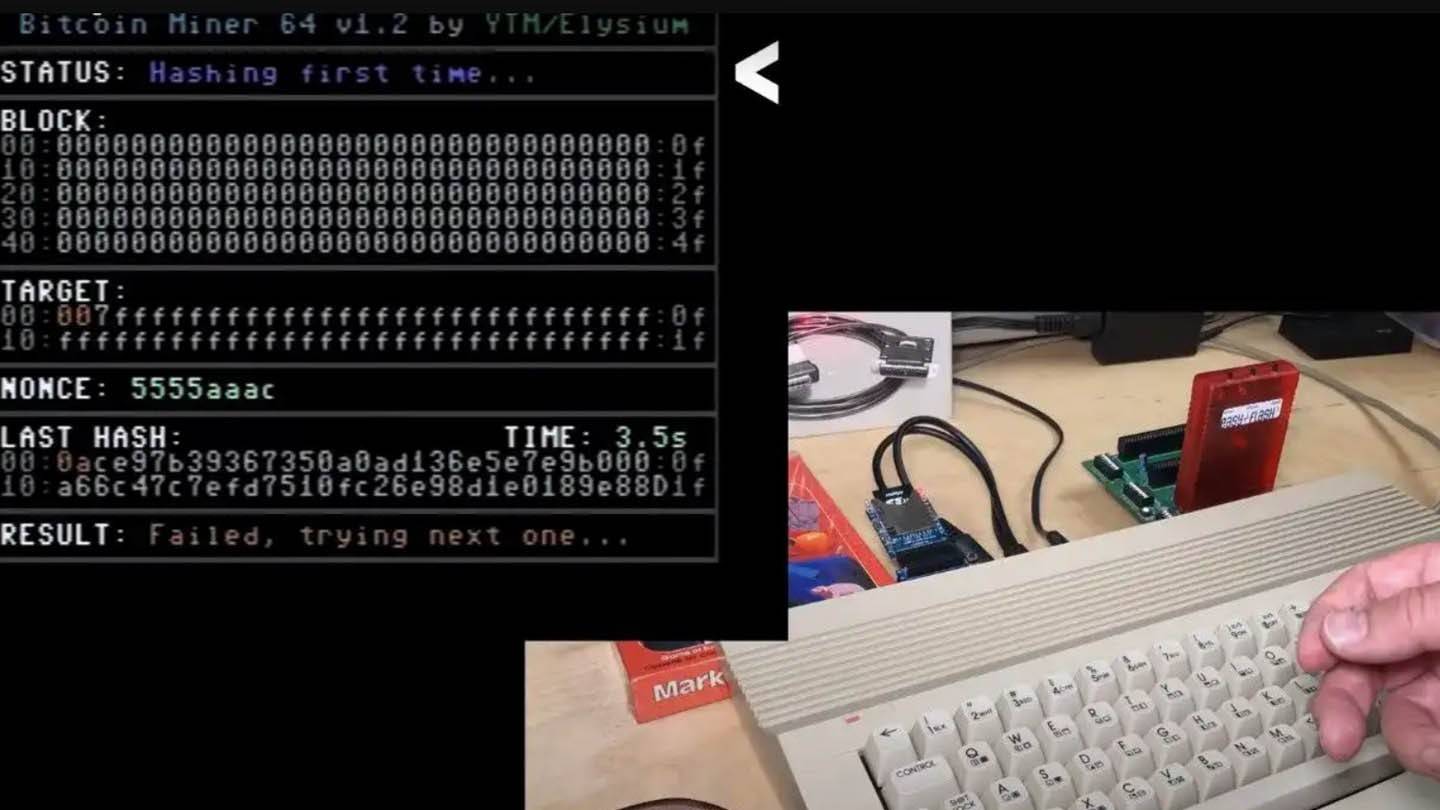 Image: x.com
Image: x.com
A fascinating experiment showed a 1982 Commodore 64 mining Bitcoin, albeit at a glacial 0.3 hashes per second. This pales in comparison to a modern RTX 3080 GPU's 100 million hashes per second. Mining a single Bitcoin with the C64 would take approximately a billion years. Similarly, a YouTuber used a 1989 Game Boy (connected via a Raspberry Pi Pico) to mine Bitcoin at 0.8 hashes per second – still incredibly slow compared to modern ASIC miners.
A Reliable Mechanic's Assistant Since the '80s
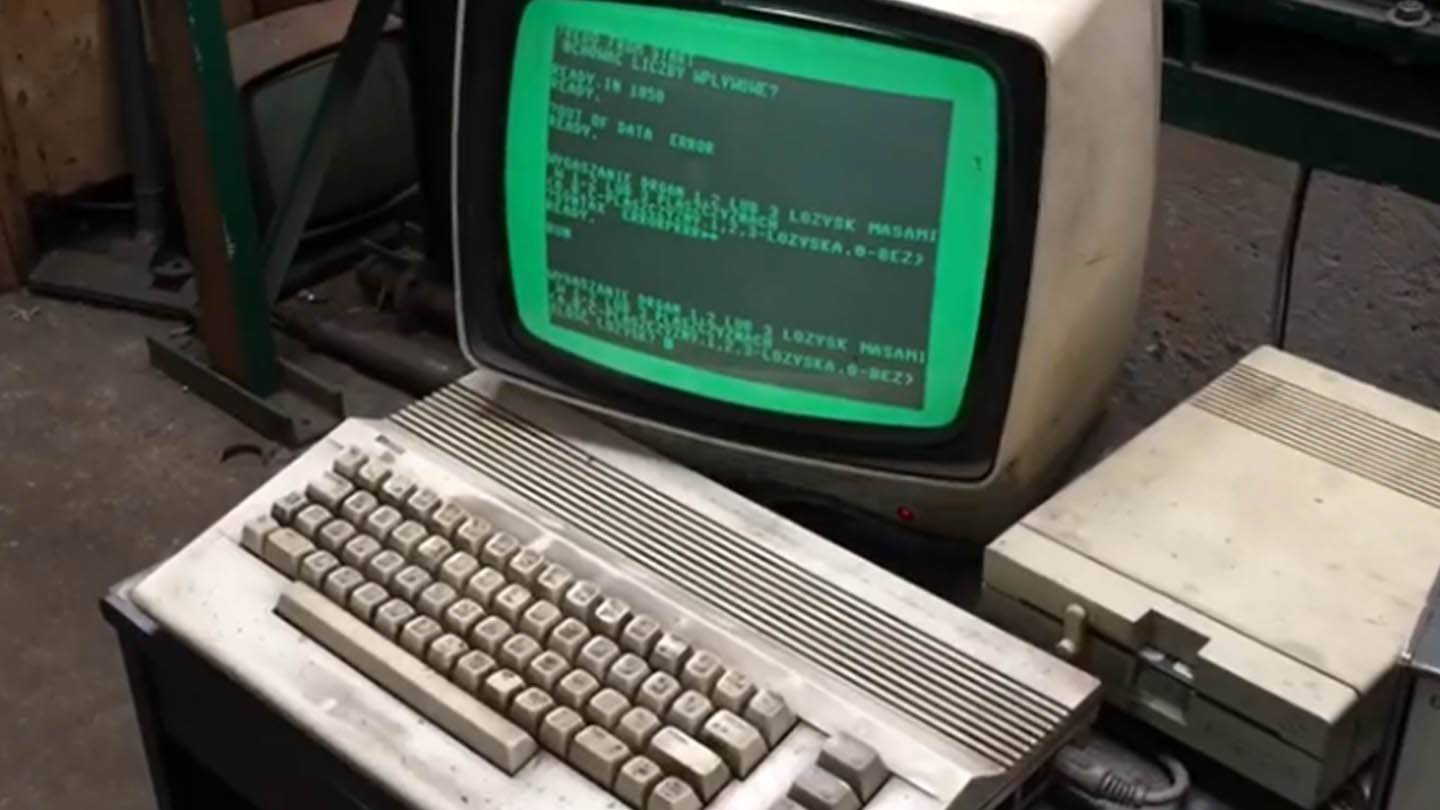 Image: x.com
Image: x.com
A Commodore 64C in Gdansk, Poland, has assisted mechanics for over three decades, even surviving a flood! This 1 MHz, 64 KB machine flawlessly runs custom software for drive shaft calculations, highlighting the longevity of robust, simple technology.
Vintage Tech as a Bakery POS System
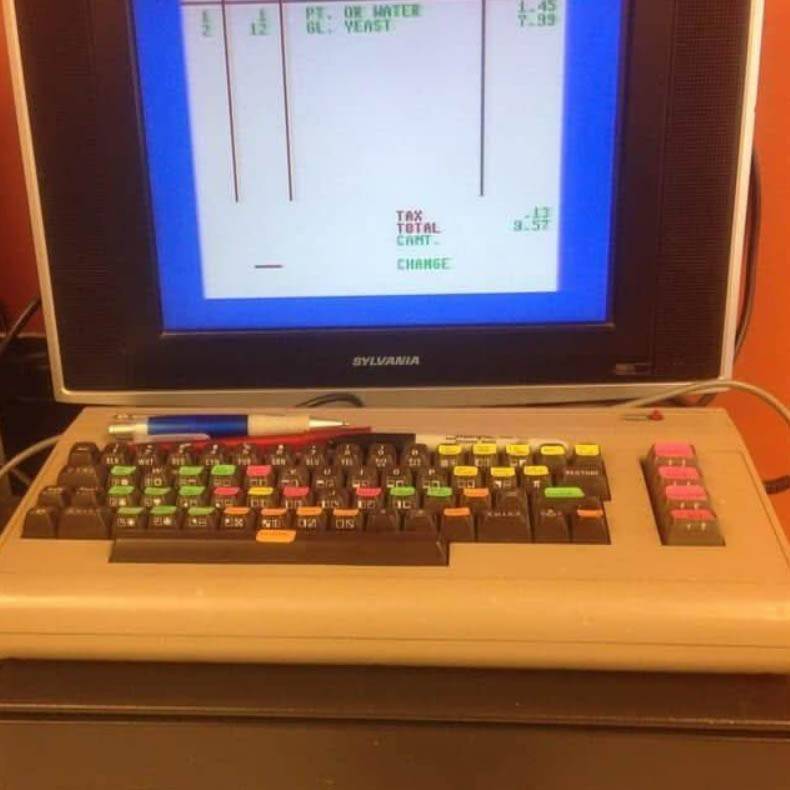 Image: x.com
Image: x.com
An Indiana bakery has used a Commodore 64 as its POS system since the 1980s. Nicknamed the "breadbox," this reliable cash register avoids the software update headaches of modern systems, requiring only occasional keyboard label updates for new baked goods.
Outdated Systems Managing Nuclear Arsenals
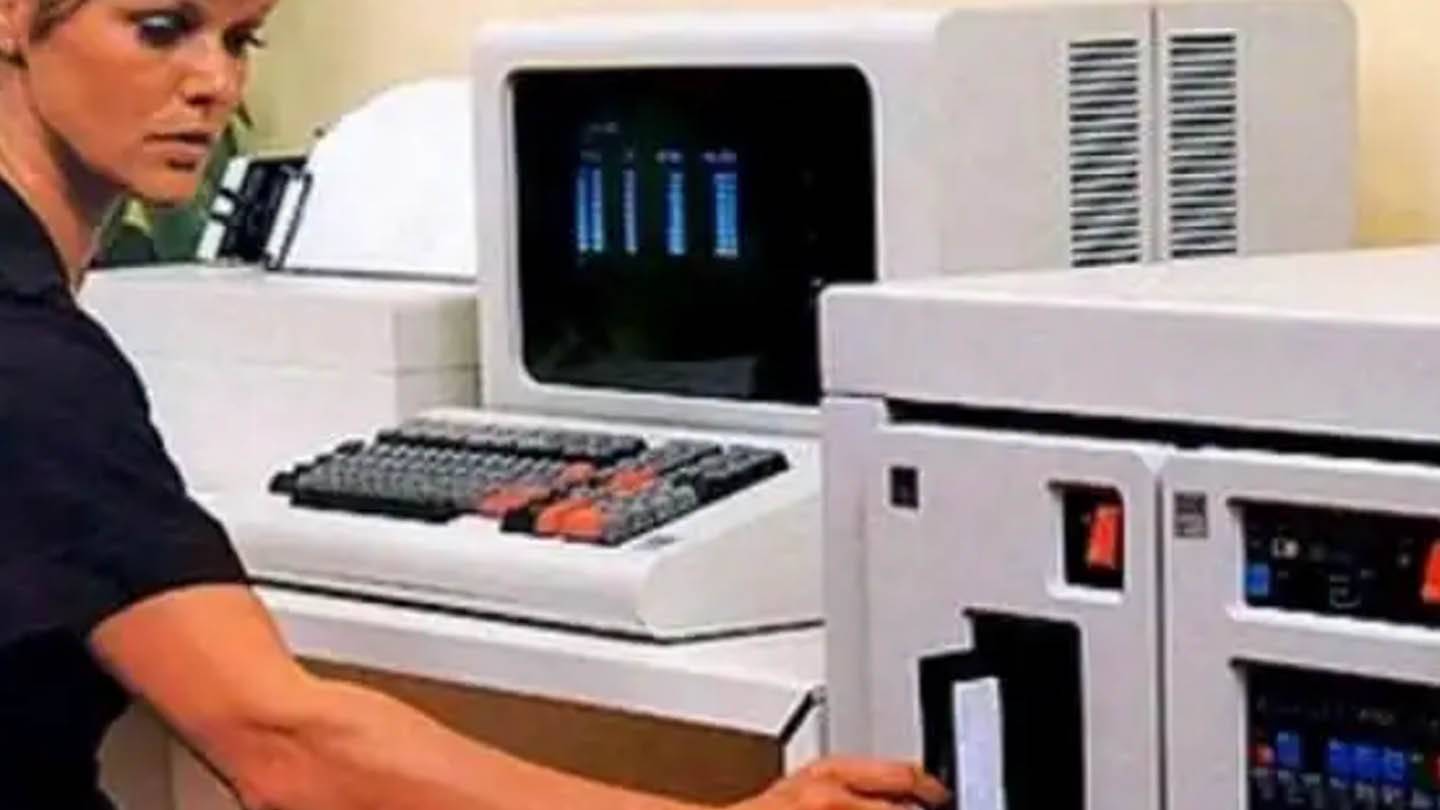 Image: x.com
Image: x.com
The US manages its nuclear arsenal using a 1976 IBM computer with 8-inch floppy disks (around 80 KB storage). While modernization is planned, the current system's reliability ensures its continued use. Similarly, German Brandenburg-class frigates use 8-inch floppies, with upgrades focusing on emulators rather than complete system replacement.
Windows XP Powers Multi-Billion Dollar Aircraft Carrier
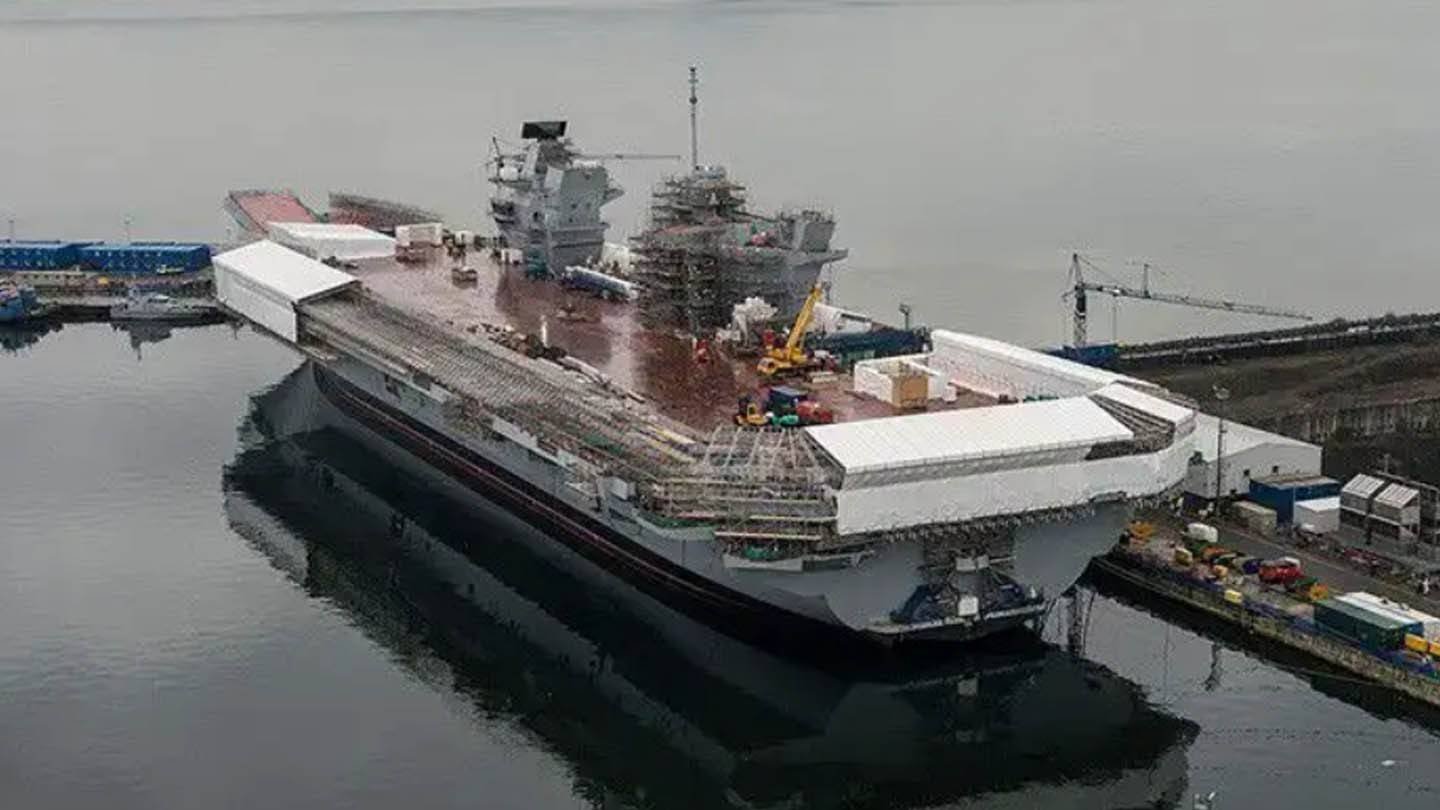 Image: x.com
Image: x.com
The British HMS Queen Elizabeth aircraft carrier, costing billions, runs on Windows XP (support ended 2014). Despite security assurances from the Royal Navy, this reliance on outdated software is noteworthy. Similarly, British Vanguard-class submarines use Windows XP for missile management, remaining offline for security until planned updates in 2028.
Critical Airport Infrastructure Fails Due to Legacy Software
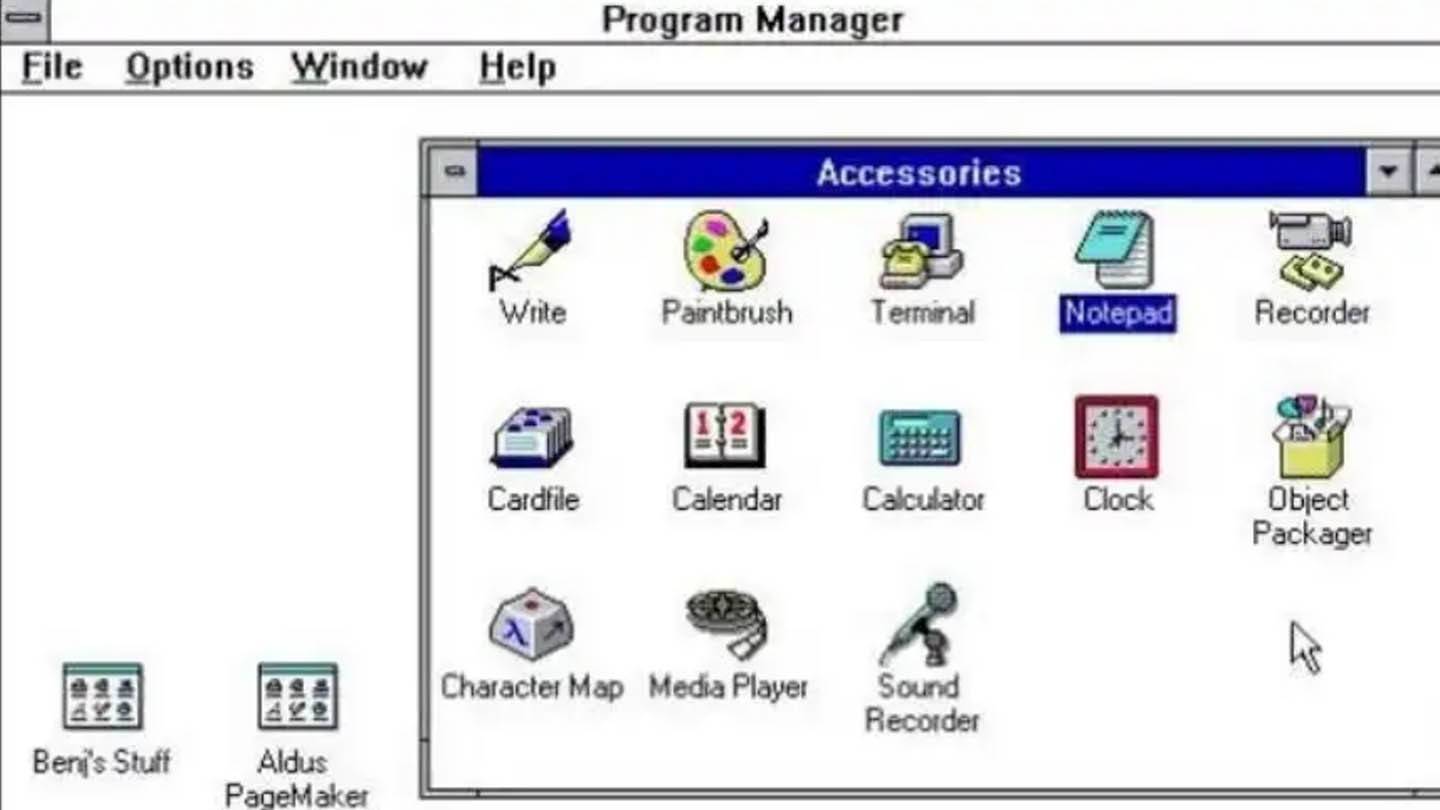 Image: x.com
Image: x.com
In 2015, Paris Orly Airport experienced a system failure due to a Windows 3.1 crash, highlighting the risks of relying on legacy software for critical infrastructure.
Classic Hardware in Cutting-Edge Research
Retro computers, including the Commodore 64, find use in educational settings and simple scientific simulations, demonstrating their value in teaching fundamental computing principles.
Nostalgia's Enduring Influence
Beyond practical reasons, many organizations maintain legacy systems due to familiarity or inertia, highlighting the value of established workflows and the cost of change.
These examples demonstrate the surprising resilience and continued utility of outdated technology across various sectors. From cryptocurrency mining to national defense, legacy systems prove surprisingly robust. While modernization will eventually prevail, these examples highlight the enduring value of simplicity and reliability.
 LATEST ARTICLES
LATEST ARTICLES